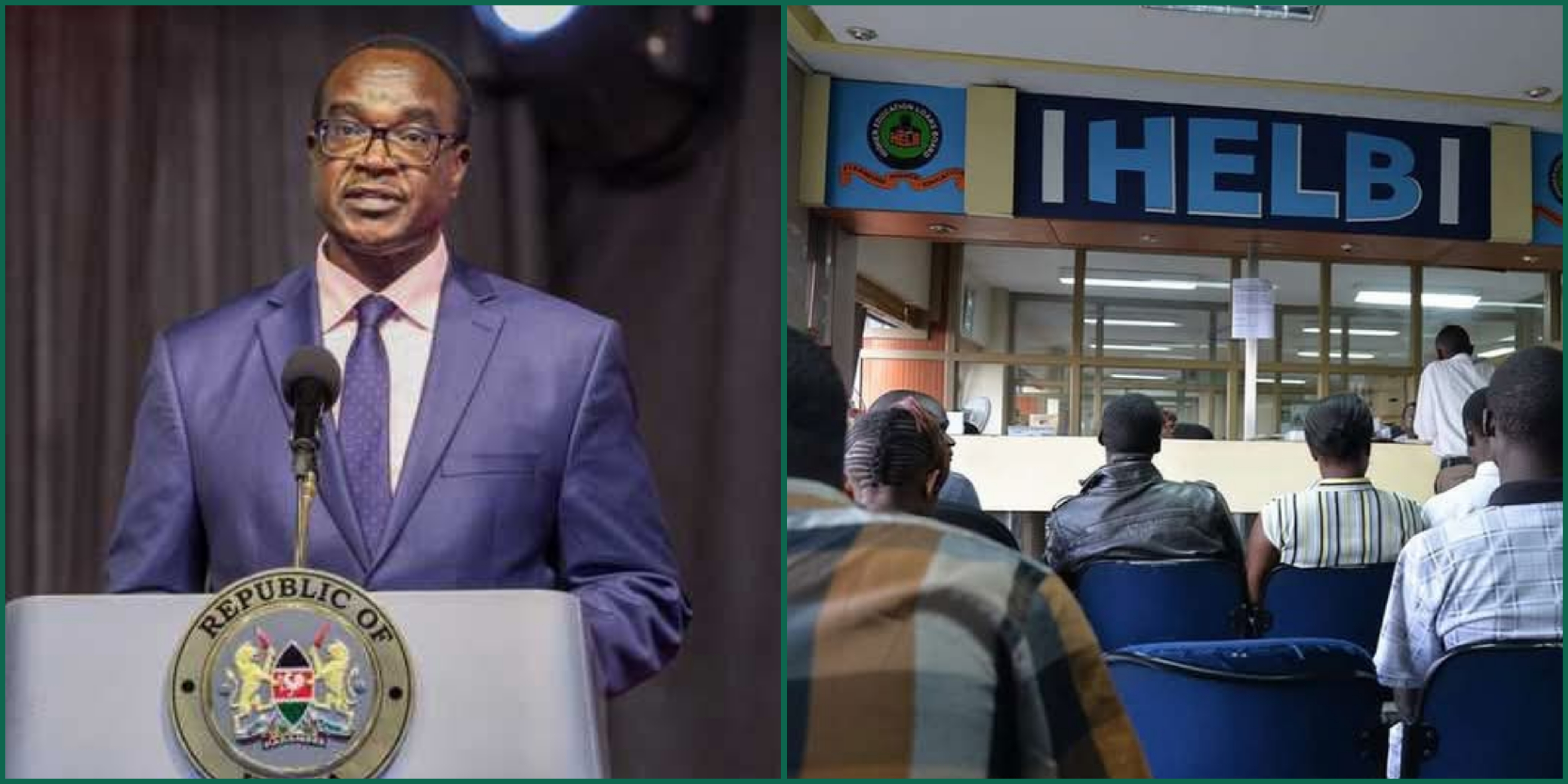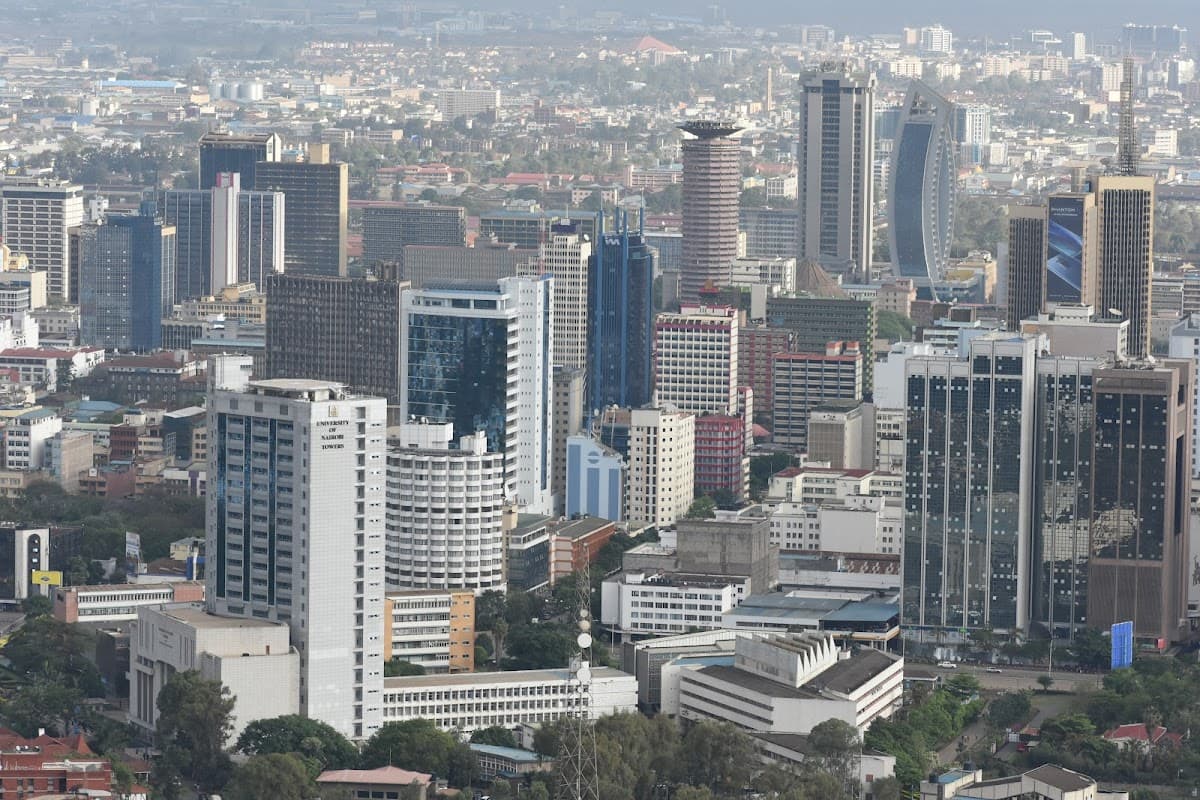KENYA : The government has in the last week been engaged in crisis meetings after it emerged that 25,000 institutions of higher learning sponsored by the government are at risk of missing fees after the High Court declared the University Funding Model unconstitutional.
Education Cabinet Secretary Julius Migos Ogamba said they will next week appeal the ruling to have the decision to allow the government to address itself to the issues raised by judges to avert a situation where students will be unable to go back to school when the new semester commences.
In a ruling delivered on Friday, December 20, Justice Chacha Mwita ruled that the new funding model was discriminatory to students.
The judge opined that in the new funding model, the burden of funding the university and colleges had been passed to the parents.
Additionally, the judge noted that no public participation was conducted before the model was rolled out.
"It should have been subjected to the public so that the public comments before its implementation," the judge ruled.
The commission also raised concerns over the various classifications/ bands used in determining the money to be allocated to students by the government.
"The petitioner further aver that the Funding Model discriminates against millions of students who are subjected to arbitrary classifications that are not based on merit or qualification, but on the financial ability of the students," read the statement in part.
"The petitioner aver that these classifications will lead to many deserving students being unable to apply for funding if they do not fit in the narrow categories that the new model sets out."
University Students in Kenya have been struggling to pay their Tuition Fees following the Introduction of the New Funding Model.
Reports indicate 50,000 university students across the country have been on the blink of dropping out of Higher Learning institutions, with other's unable to enroll over the Household Fees required.
The new Higher Education Funding Model (HEF) was recently introduced by the Ministry of Education, as part of an effort to streamline financial support for students.
The Model, was Aimed at creating a more equitable distribution of funds, the model was designed to reduce bureaucratic hurdles and ensure that financial aid reaches those who need it most.
However, its rollout was met with significant criticism, as many students are finding themselves either ineligible for financial aid or experiencing delays in the disbursement of funds.
HELB, Higher Education Loans Board, has been issuing Kenyan University students upkeep loans, based on how needy their families are, according to the New University Funding Model.
Students joining Public Universities and Categorized as the Most Needy, depending on their families income, under the new model, would receive HELB upkeep loans amounts of UpTo Ksh 60,000 per Academic year.
The new funding model was grouped into five bands depending on the family's income level.
The band any student belongs to depends on the amount the applicant placed as family income while applying for a scholarship.
Band One, the most needy group, consists of a family whose income is not beyond Sh5,995.
Under this category, the government scholarship would cover 70 per cent of the fees while the loan covers 25 per cent, making the total support 95 per cent.
The family would pay 5 per cent of the fees and the student receive an upkeep loan from Helb of Sh60,000.
In Band Two, the government grouped families whose income does not surpass Sh23,670 but is above Sh5,995.
In this category, the government scholarship covers 60 per cent while the loan covers 30 per cent.
The family pays 10 per cent of the fees. Under this category, the student would receive an upkeep loan of Sh55,000.
In Band Three, the government classified families whose family income does not pass Sh70,000 but it is above Sh23,670.
In this category, the government scholarship covers 50 per cent, while the loan will cover 30 per cent.
The family will contribute 20 per cent of the fees supposed to be paid. Students in the category will receive an upkeep loan of Sh50,000.
In Band Four, the government grouped families whose income does not exceed Sh120,000 but is above Sh70,000.
In this group, the government scholarship would cover 40 per cent while the loan covers 30 per cent.
The family pays 30 per cent of the fees.
In Band 5, the government grouped families which earn more than Sh120,000. In this category, government scholarship pays 30 per cent of fees.
They receive 30 per cent of the fees as a loan while their families will be required to pay 40 per cent of the fees.
Followed by Hiked University Tuition Fees, The financial strain has forced some students to consider dropping out of their programs, effectively jeopardizing their long-term career prospects.
University Students from low-income backgrounds are particularly affected, as they often rely heavily on financial assistance to pursue higher education.
MEANWHILE.
HELB Application Process 2024.
Higher Education Loans Board (HELB) is now accepting applications for scholarships, bursaries, and loans for students entering universities through its portal.
Once you are successful, you can quickly and conveniently apply for your HELB subsequent loans to help you focus on studying.
Types Of Undergraduate Loans
Government scholarships and loans are accessible for students enrolling in universities, starting from the academic year 2023/2024 onwards.
There are two types of applications:
i. First Time Applicants
This is for applicants who are applying for HELB for the very first time.
Requirements
A copy of the Applicant’s national ID Card.
Copies of the parents’ National ID Cards/death certificate where the parent is deceased.
Copies of both guarantors’ National ID cards.
A copy of the applicant’s admission letter and KCSE result slip/certificate.
A copy of the applicant’s Bank ATM/Bank card (for Government sponsored students only).
A copy of the applicant’s Smart Card from the institution.
One recent colored passport-size photograph of the applicant.
Applying HELB as a First-Time Applicant.
Visit www.helb.co.ke to access the Student Portal and click on “create an account” to register.
Create an account and log in. Select the appropriate Undergraduate First Time Loan Application Form [LAF].
Access and fill out the loan application form.
Print TWO copies of the duly filled Loan Application Form.
Have the forms appropriately filled, signed, and stamped by the relevant authorities.
Attach all the documents as per the checklist and present one copy of the duly filled Loan Application Form at:
Any of the following Huduma centers nearest to you for free and secure delivery; or
HELB Student Service Centre on Mezzanine 1, Anniversary Towers, University Way, Nairobi.
Retain a complete copy of the Loan Application Form (Mandatory).







